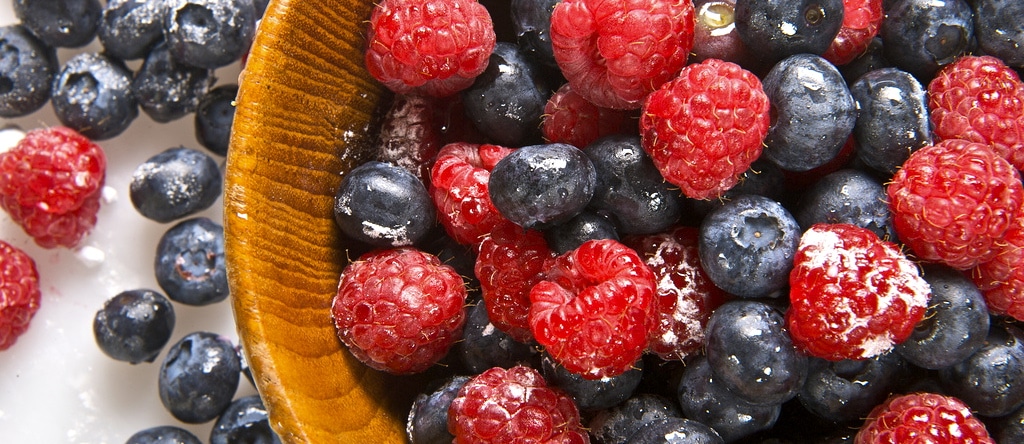In honor of Chinese New Year (of the dragon), today’s NutritionFacts.org video-of-the-day Dragon’s Blood wraps up a ten-part series based on a groundbreaking study that measured the total Antioxidant Content of 3,139 foods, beverages, herbs, and spices.
Antioxidant Power of Plant Foods Versus Animal Foods presents the best bird’s eye view. Researchers separated out plant from animal products to help deal with the overwhelming volume of data (138 pages worth) and see what this amazing body of work has to say about what we should eat in general.
For more specifics, see Best Berries, which compares hundreds of berries to common fruits, and Better Than Green Tea?, which contrasts the antioxidant power of popular rival beverages. Better Than Goji Berries and Dried Apples Versus Cholesterol pick out the best dried fruits and Antioxidants in a Pinch and A Better Breakfast can help one visualize the effects of adding just tiny amounts of antioxidant-packed foods to our daily diets.
Some questions, however, may remain:
- If antioxidants are so good for you, why not just take antioxidant supplements? Find out why in Is Vitamin D the New Vitamin E?, and Produce, Not Pills.
- What effect does cooking have? You might be surprised: Best Cooking Method.
Just because a food can quench an oxidation reaction in a test tube, does that necessarily mean it will do the same in our cells? Find out in tomorrow’s video-of-the-day. Is it really worth going out of our way to make higher antioxidant choices? Isn’t it enough just to eat lots of fruits and vegetables—does it really matter which ones? Find out on Friday, Monday, and Tuesday. In other words—stay tuned to NutritionFacts.org! Keep up with my daily videos by subscribing to the newsletter, following on facebook or twitter, or just checking back every morning around 8am Eastern.
In health,
– Michael Greger, M.D.
